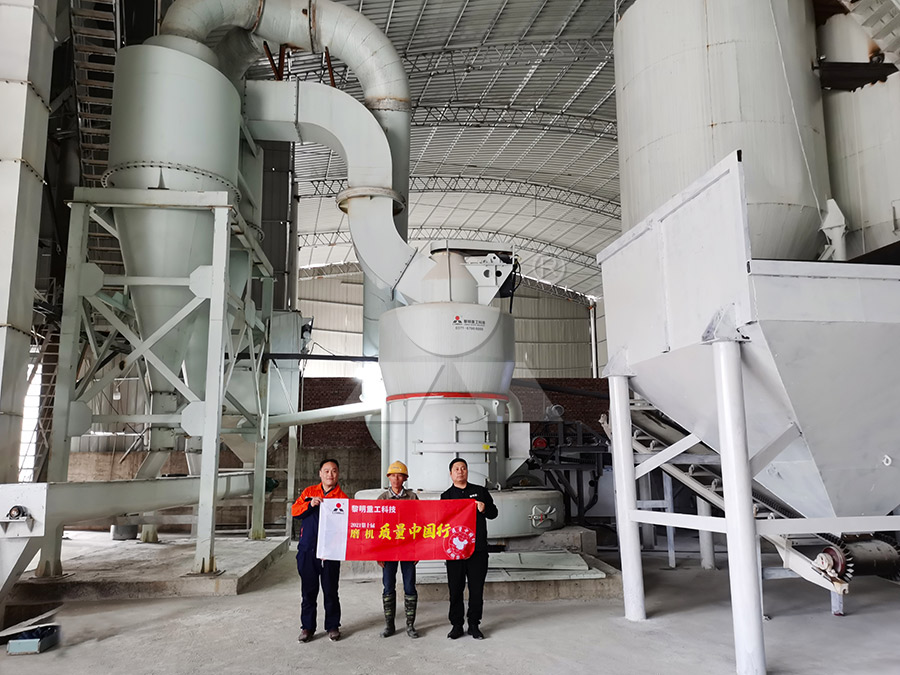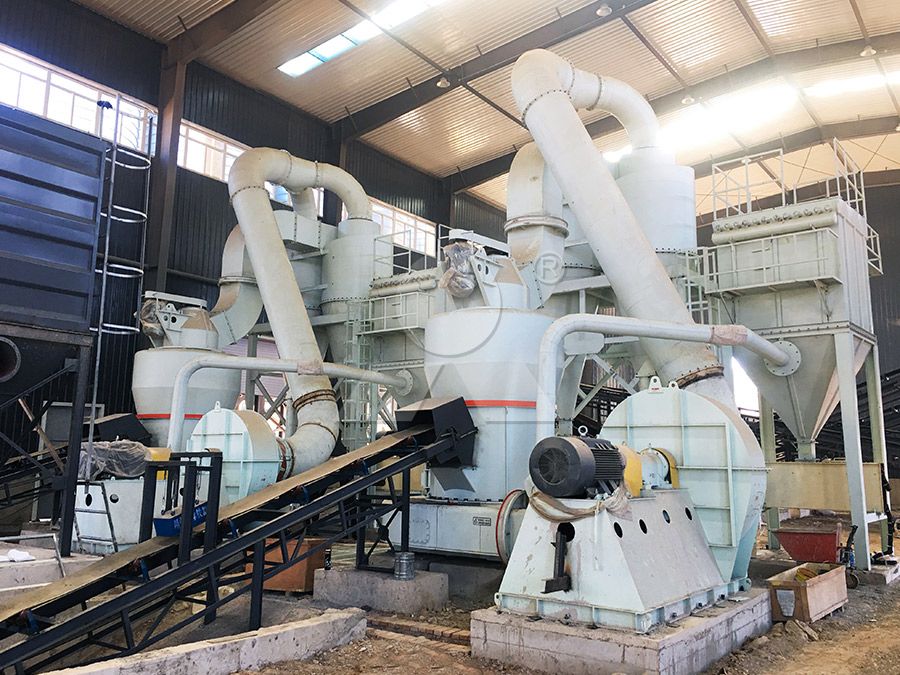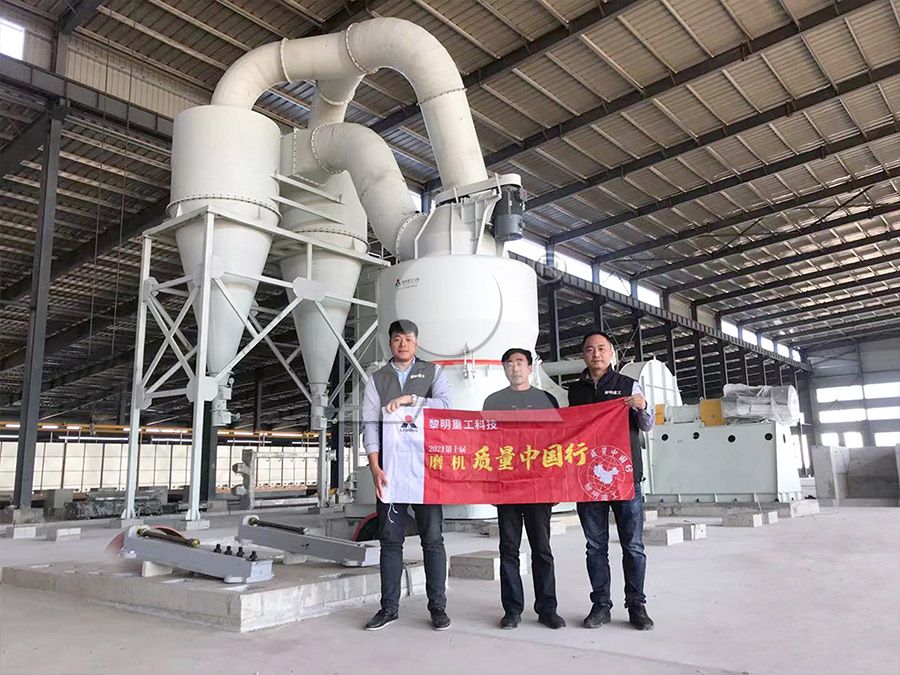Traditional Stone Milled Rice Noodles Recipe in Guangxi Yulin
We provide a wide range of mills — including Raymond mill, trapezoidal mill, vertical mill, ultrafine mill, and ball mill, obtained ISO9001 international quality certification, EU CE certification, and Customs Union CU-TR certification. Suitable for processing minerals such as limestone, phosphate, quicklime, kaolin, talc, barite, bentonite, calcium carbonate, dolomite, coal, gypsum, clay, carbon black, slag, cement raw materials, cement clinker, and more.
The discharge range of these mills can be adjusted to meet specific processing needs, typically from 80-400 mesh, 600-3250 mesh, and can achieve the finest particle size of up to 6000 mesh(D50).
If you are looking for a reliable grinding solution to turn stone or minerals into fine powder, please feel free to contact our online customer service.
The Ancient Art of Yulin Rice Noodles: Preserving Tradition Through Modern Milling
Nestled in the Guangxi Zhuang Autonomous Region, the city of Yulin has cultivated a culinary reputation that spans centuries. At the heart of this reputation lies their traditional stone-milled rice noodles—a delicacy known for its exceptional texture, subtle flavor, and artisanal preparation methods. For generations, local producers have maintained this culinary heritage using granite millstones that grind rice at low speeds, preserving the grain’s natural nutrients and creating the distinctive soft-yet-chewy texture that defines authentic Yulin rice noodles.

The traditional process begins with selecting high-quality early indica rice, which is soaked for precisely 6-8 hours to achieve optimal moisture content. The soaked rice is then ground using massive granite millstones that rotate at just 15-20 revolutions per minute. This slow grinding process generates minimal heat, preventing the destruction of the rice’s natural starches and proteins that contribute to the noodles’ unique mouthfeel. The resulting rice slurry is steamed, extruded, and sun-dried using techniques passed down through families for generations.
The Modern Challenge: Scaling Tradition
While traditional methods produce exceptional quality, they present significant challenges for modern production needs. The slow grinding speed, physical space requirements, and inconsistent particle size distribution make it difficult to meet contemporary market demands while maintaining authentic quality. This is where advanced milling technology bridges the gap between heritage and efficiency.
For producers looking to scale their operations while preserving the essential qualities of traditional Yulin rice noodles, the MW Ultrafine Grinding Mill offers an ideal solution. With an input size capacity of 0-20 mm and production rates of 0.5-25 tph, this equipment maintains the low-temperature grinding principle crucial to preserving the rice’s natural properties. The German-designed cage-type powder selector allows precise control over fineness between 325-2500 meshes, ensuring consistent particle size distribution that mimics traditional stone milling results.

Technical Excellence Meets Culinary Tradition
The MW Ultrafine Grinding Mill’s innovative design addresses several key challenges in rice noodle production. The absence of rolling bearings and screws in the grinding chamber eliminates concerns about contamination—a critical consideration for food processing. The efficient pulse dust collector and muffler system maintains the clean production environment essential for food safety while reducing noise pollution, making it suitable for urban production facilities.
For larger-scale operations requiring even greater efficiency, the LUM Ultrafine Vertical Grinding Mill presents another excellent option. With its input size of 0-10 mm and capacity of 5-18 tph, it incorporates the latest Taiwanese grinding roller technology and German powder separating technology. The unique roller shell and lining plate grinding curve creates material layers that achieve high rates of finished products through single-pass milling, enhancing both efficiency and product quality.
Preserving Authenticity Through Technology
The transition to modern milling equipment doesn’t mean abandoning tradition. Rather, it enables producers to maintain the essential characteristics that define authentic Yulin rice noodles while achieving the scale and consistency required by today’s markets. The adjustable fineness control allows millers to replicate the exact particle size distribution achieved through traditional stone milling, while the energy-efficient designs reduce operating costs by 30-50% compared to conventional mills.

Both the MW and LUM grinding mills feature digitalized processing with numerical control machine tools for high precision manufacturing, particularly for core components. This ensures consistent performance and product quality that honors the Yulin rice noodle tradition while meeting modern food safety and production standards.
Frequently Asked Questions
What makes Yulin rice noodles different from other rice noodles?
Yulin rice noodles are distinguished by their traditional stone-milling process, which preserves the rice’s natural starches and proteins, resulting in a unique soft-yet-chewy texture and subtle flavor profile that mechanical high-speed milling cannot replicate.
Can modern milling equipment truly replicate traditional stone milling results?
Advanced grinding mills like the MW Ultrafine Grinding Mill can closely replicate traditional results through precise control of grinding speed, temperature, and particle size distribution. The key is maintaining low-temperature grinding and achieving the specific fineness that characterizes authentic Yulin noodles.
What are the main advantages of using the MW Ultrafine Grinding Mill for rice noodle production?
The MW Mill offers higher yield with lower energy consumption (40% higher capacity than jet mills), adjustable fineness between 325-2500 meshes, contamination-free grinding chamber design, and eco-friendly operation with efficient dust collection and noise reduction.
How does the grinding process affect the final noodle quality?
The grinding process determines the particle size distribution and starch damage level, which directly impacts water absorption, gelatinization properties, and ultimately the texture and cooking quality of the final noodles. Proper grinding preserves the rice’s natural properties for superior end products.
What production capacity can I achieve with modern milling equipment?
The MW Ultrafine Grinding Mill offers capacities from 0.5 to 25 tph, making it suitable for operations ranging from artisanal producers to large-scale manufacturing facilities, while maintaining the quality standards of traditional Yulin rice noodles.
